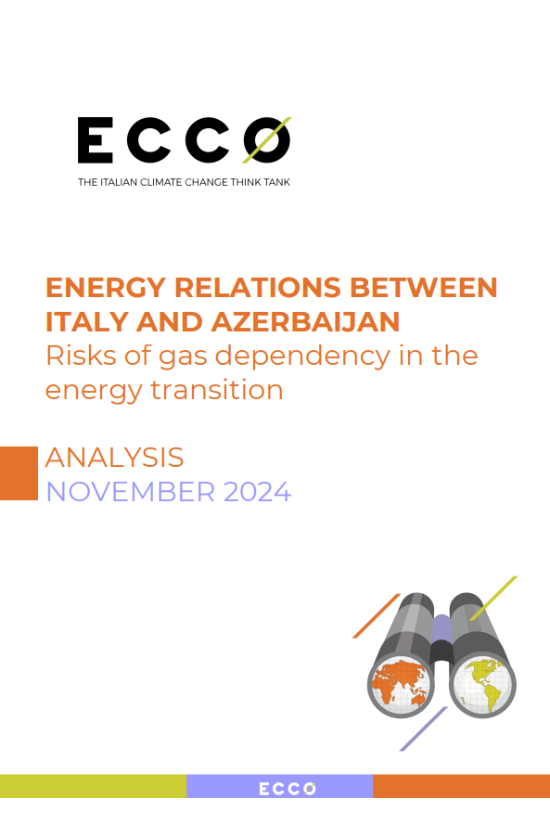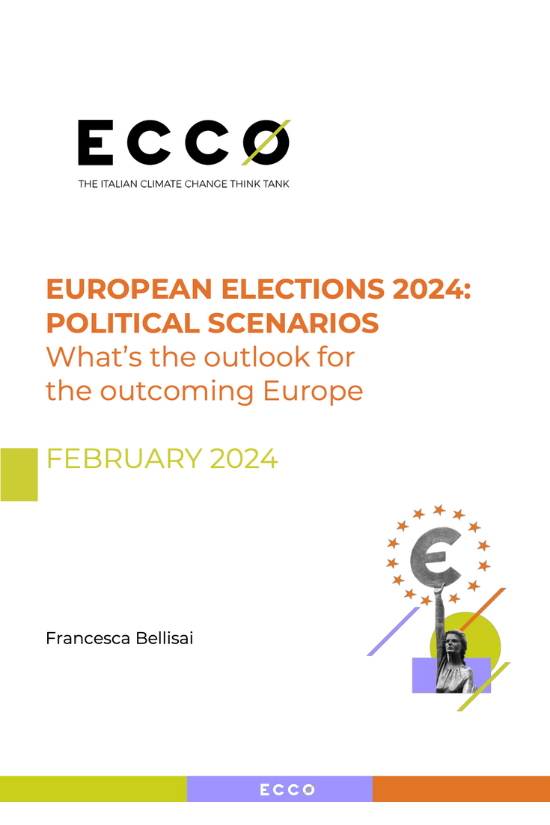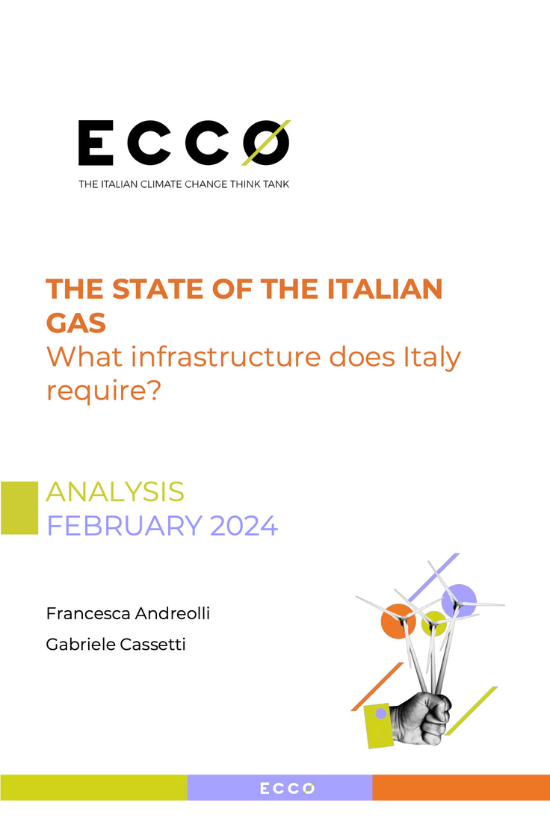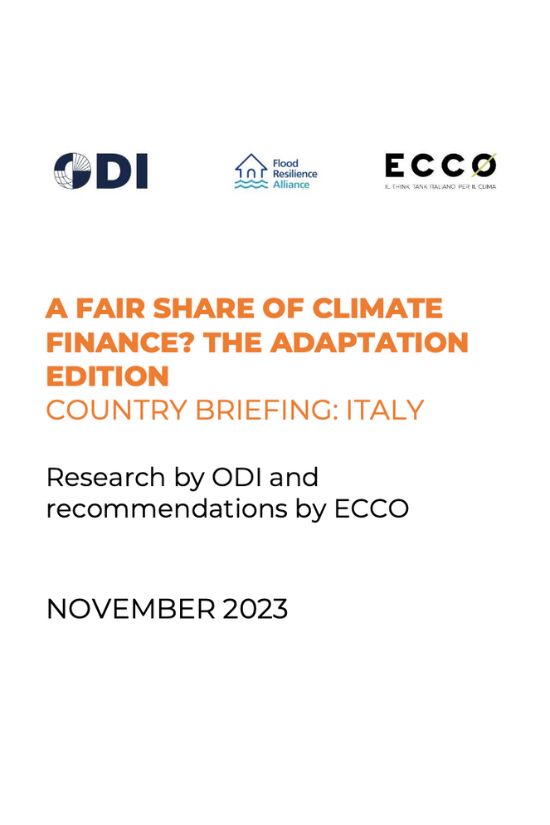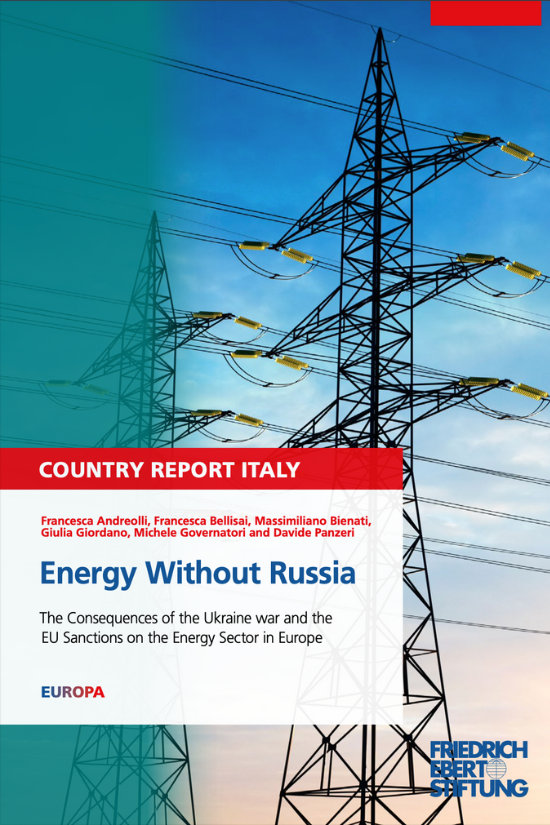Publications
Search
Filters
Authors
/ Alexandra Scott
/ Andrea Ghianda
/ Annalisa Perteghella
/ Beatrice Moro
/ Carolina Bedocchi
/ Caterina Molinari
/ Chiara Di Mambro
/ Chiara Mariotti
/ Chloe Pagliaro
/ Costanza Scano
/ Davide Panzeri
/ ECCO think thank
/ Eleonora Cogo
/ Federico Tassan-Viol
/ Filomena Annunziata
/ Francesca Andreolli
/ Francesca Bellisai
/ Gabriele Cassetti
/ Giovanni D'Amico
/ Giulia Colafrancesco
/ Giulia Giordano
/ Giulia Novati
/ Giulia Signorelli
/ Ilaria Mazzocco
/ Lorena Stella Martini
/ Luca Bergamaschi
/ Luca Iacoboni
/ Mario Noera
/ Marta Lovisolo
/ Massimiliano Bienati
/ Matteo Leonardi
/ Matteo Viola
/ Michele Governatori
/ Nicolas Drago
Azerbaijan COP29’s Presidency has a key role to play in relaunching the ambition of the commitments signed at COP28 in Dubai, including tripling renewable energy capacity and doubling energy efficiency by 2030, but above all, it needs to be decisive in giving a concrete follow-up to the decision to transition away from fossil fuels in energy systems in a fair, orderly and equitable manner. However, the priorities on the agenda outlined by Baku do not include elements to advance the phase out of fossil fuels.
The 2024 European elections will be a key moment for the future of the European Green Deal and the Union's climate policies. The future Commission and the new European Parliament will be able to continue on this path, ensuring that the 2030 targets needed to avert the most disastrous effects of climate change are met. They will also, and most importantly, be able to make the energy transition socioeconomically sustainable.
This analysis aims to identify the minimum gas infrastructure Italy requires to ensure national energy security, after the consequences of the Russian invasion of Ukraine have shaped the European market and considering the progress on climate targets. The study was carried out using an optimisation model that simulates the balance between gas demand and supply in the European market for Italy with a daily granularity for 2030, 2040, and 2050.
The report developed by ODI to which this briefing refers - 'A fair share of climate finance? The adaptation edition' - looks at the climate finance provided in 2021 to evaluate each country’s progress against the $100 billion goal. In addition, we produce new evidence to evaluate each country’s adaptation finance provision against the aim of at least doubling adaptation finance from 2019 levels by 2025, which we set at $40 billion – double the $20 billion reported in 2019.
The Russian invasion of Ukraine and the energy crisis which came in its wake have produced significant impacts on the energy sector in many EU countries, including Italy. This study shows that customers reacted to high gas prices by reducing consumption over and above the European target of 15%, with gas consumption dropping 18.6% from August 2022 to January 2023, in the absence of structural measures.
Azerbaijan COP29’s Presidency has a key role to play in relaunching the ambition of the commitments signed at COP28 in Dubai, including tripling renewable energy capacity and doubling energy efficiency by 2030, but above all, it needs to be decisive in giving a concrete follow-up to the decision to transition away from fossil fuels in energy systems in a fair, orderly and equitable manner. However, the priorities on the agenda outlined by Baku do not include elements to advance the phase out of fossil fuels.
The 2024 European elections will be a key moment for the future of the European Green Deal and the Union's climate policies. The future Commission and the new European Parliament will be able to continue on this path, ensuring that the 2030 targets needed to avert the most disastrous effects of climate change are met. They will also, and most importantly, be able to make the energy transition socioeconomically sustainable.
This analysis aims to identify the minimum gas infrastructure Italy requires to ensure national energy security, after the consequences of the Russian invasion of Ukraine have shaped the European market and considering the progress on climate targets. The study was carried out using an optimisation model that simulates the balance between gas demand and supply in the European market for Italy with a daily granularity for 2030, 2040, and 2050.
The report developed by ODI to which this briefing refers - 'A fair share of climate finance? The adaptation edition' - looks at the climate finance provided in 2021 to evaluate each country’s progress against the $100 billion goal. In addition, we produce new evidence to evaluate each country’s adaptation finance provision against the aim of at least doubling adaptation finance from 2019 levels by 2025, which we set at $40 billion – double the $20 billion reported in 2019.
The Russian invasion of Ukraine and the energy crisis which came in its wake have produced significant impacts on the energy sector in many EU countries, including Italy. This study shows that customers reacted to high gas prices by reducing consumption over and above the European target of 15%, with gas consumption dropping 18.6% from August 2022 to January 2023, in the absence of structural measures.
